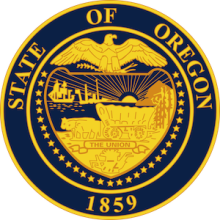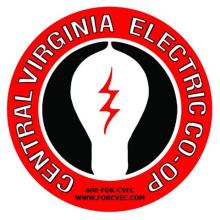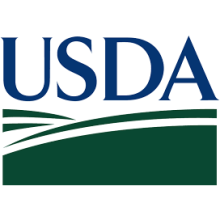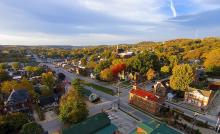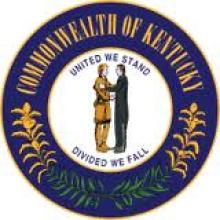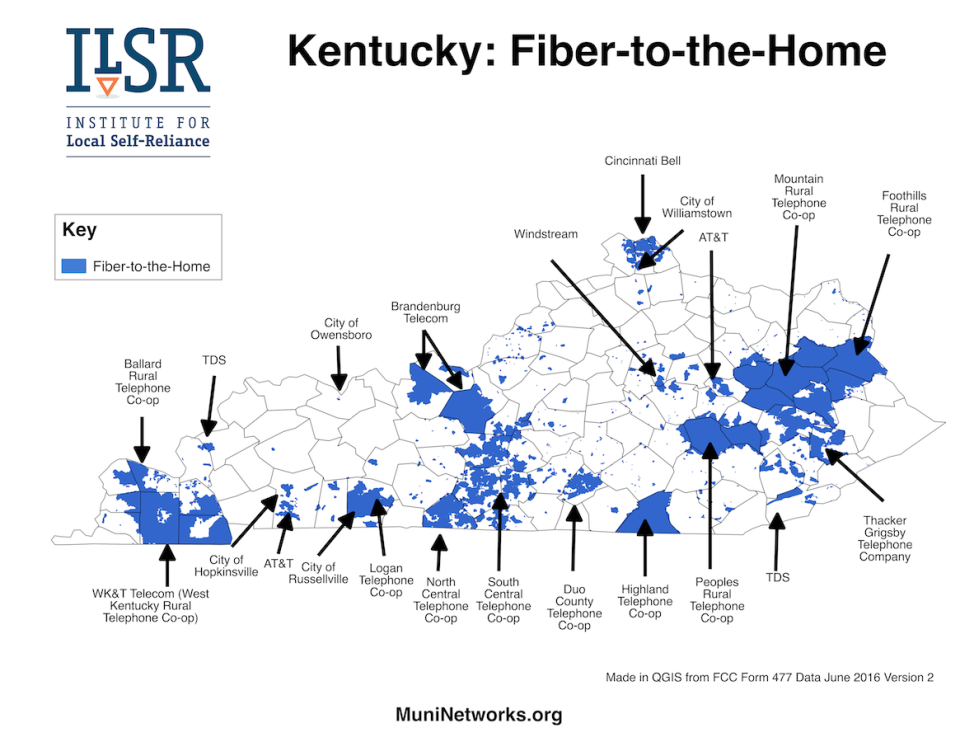Oregon Politicians Press USDA for Changes to ReConnect Broadband Program
In two letters sent at the end of February, Oregon Senators Jeff Merkley and Ron Wyden urged the U.S. Department of Agriculture (USDA) to reconsider certain aspects of the agency’s ReConnect broadband grant and loan program. The senators’ letters, addressed to USDA Secretary Sonny Perdue, called on the agency to address, “administrative hurdles and eligibility problems within the ReConnect Program that have put critical broadband infrastructure assistance out of reach for Oregonians and communities across America.”
The USDA, which is currently accepting applications for the second round of ReConnect funding, has awarded more than $600 million in grants and loans since launching the program in 2019.
“A High-stakes Gamble”
Merkley and Wyden’s first letter [pdf], joined by Oregon Representatives Suzanne Bonamici, Peter DeFazio, and Kurt Schrader, raised lingering problems with the USDA’s determination of eligible areas and the application process for the program.
The letter reads:
We heard several concerns from our constituents in Oregon that the initial design of the ReConnect Program limited accessibility for local Internet service providers (ISPs) due to both administrative issues and eligibility restrictions. While changes have been made to improve the program, we continue to hear from many Oregonians that several major issues unfortunately remain.
In particular, the Oregon officials identified as barriers the complicated and costly application process as well as an inaccurate and unclear designation of underserved areas. “Many local ISPs feel as if [applying] is more akin to a high-stakes gamble rather than soliciting funding for a fiber-to-the-premises project,” they explained.
Additionally, the lawmakers noted that the ReConnect program’s scoring criteria can prioritize less rural, non-tribal areas, writing, “If this grant focuses on bringing broadband to rural and unserved America, the evaluation criteria seem to contradict the program’s mission.”
Satellite Subsidies Limit Opportunity


